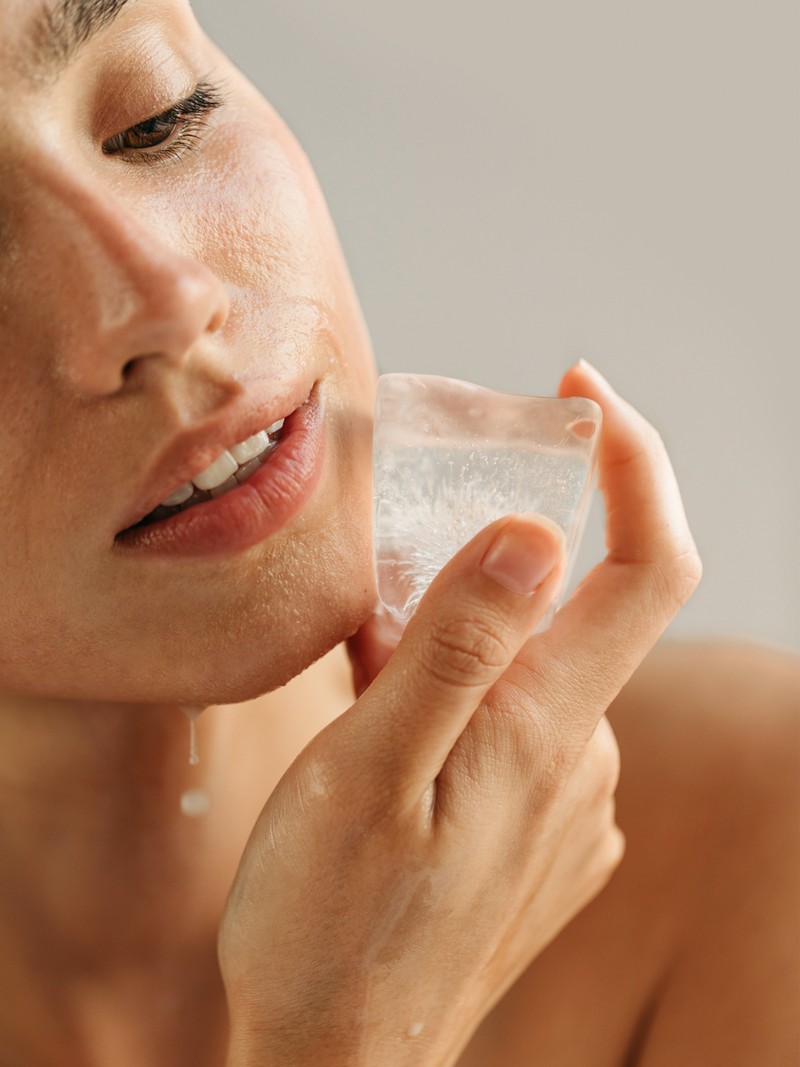
These Are The Worst Offenders For Your Skin
Culprit #1
Harsh Exfoliators
“People are often guilty of over-scrubbing in an attempt to tackle flakiness – either with physical exfoliants or via microdermabrasion. While this can easily become a habit, doing it too often can actually cause micro-tears in the skin and eventually thin it out. I often see clients who believe they have sensitive skin, when the reality is they’ve just overused exfoliating products and damaged their skin barrier. Instead, use gentle acid exfoliants like lactic, phytic and fruit acids. These will help to reduce dryness without stripping the skin, ensuring the rest of your skincare can still penetrate properly.” – Michaella Bolder, master facialist & skincare expert
Culprit #2
Alcohol
“I can feel people roll their eyes at this, but the unfortunate truth is that drinking alcohol dehydrates your skin and promotes vasodilation, which leads to redness and rosacea. Alcohol also generates oxidative stress internally, which accelerates a breakdown of your collagen, contributing to premature ageing. A glass or two on occasion isn’t going to do heaps of damage, but regularly drinking more than this will. If you are drinking, make sure you have water in between. It all sounds boring, but it makes the biggest difference and prevents too much disruption internally.” – Dr Emma Craythorne, consultant dermatologist & founder of KLIRA
“I also recommend avoiding alcohol when you have eczema flare-ups – or any sensitivities. This comes back to the fact that alcohol dehydrates you, so it can exacerbate certain skin conditions. Your body works so hard to get rid of alcohol and create balance internally that the skin then gets no good nutrients until everything else has reset. If you’re opting for a big night out, it’s worth being responsible and using electrolytes in your water, or opting for a hot water and lemon – the acidity helps to rebalance your internal pH.” – Michaella
Culprit #3
Stress
“This is less easy to manage. Stress, however, is proven to dehydrate you as it sends our cortisol levels out of whack. It puts our bodies into ‘fight or flight’ mode and the result of internal aggravation is often seen as breakouts, rashes or pigmentation. Cortisol also increases our sebum production and slows wound healing, so skin’s cells become sluggish too. The best way to tackle it is to manage stress through mindfulness, regular exercise and, where possible, adequate sleep. I also recommend mind-body exercises. These are far more beneficial than high-cardio exercises which exacerbate cortisol too.” – Emma
Culprit #4
Sugar & Ultra-Processed Foods
“By now, reading this, you’ll know that what you put in your body is a key element of what you get out. If the surface of our skin is showcasing uneven, rough texture and dullness, the change will be because the internal system isn’t happy, and diet plays a huge role in this. In particular, eating ultra-processed foods can show up on the skin. You don’t need to go on wild diets, but eating fresh where possible is key – always think of the colours of the rainbow on your plate. Sugar, sadly, is big on the ‘offensive to skin’ list. Too much has been shown to cause our cell structures to harden over time. This ends up causing collagen cells to collapse, resulting in breakouts, puffiness, loss of volume and inflammation. Over the years, sugar has become almost a part of our routines and daily lifestyle, but it’s good to think smart with it, and be as mindful as you would with alcohol.” – Michaella
Culprit #5
The Wrong Skincare
“One of the worst things you can do to your skin is use the wrong products. I see so many clients using whatever is new to the shelves, without giving a thought to what their complexion really needs. This often results in irritation and flare-ups. Before you start a thorough routine, you need to understand your skin. As we age, our skin barrier also gets worse and certain ingredients become far more irritating to us, so it pays to become acquainted with your needs. I launched KLIRA for this reason – you can get a free test and you will have a simple routine prescribed that’s tailored to you. Until you can do something like this, or see a dermatologist, I recommend sticking with a gentle, plain barrier cream that has supportive agents like ceramides and shea butter.” – Emma
Culprit #6
Abrasive Ingredients
“If you want a healthy skin barrier, there are certain groups of ingredients to avoid. Fragrance is top of that list – especially synthetic fragrances within skincare. If it’s on the ingredients list, it needs to be from a natural, essential oil, or described as a naturally occurring fragrance. Anything synthetic is likely to do more harm than good. Then there’s benzoyl peroxide and salicylic acid. Both of these are in-depth ingredients, and if you don’t suffer with acne or severe breakouts, I would advise not using them at all. Other ingredients to avoid are hydroquinone – a lightening ingredient – parabens, sulphates and formaldehyde, which can cause dermatitis and irritation. If in doubt, I always recommend the app Think Dirty to my clients. It’s one of the best I’ve come across and is reliable, making you feel safer and secure with your decisions. Lastly, I often say, if an ingredients list is lengthy, you should probably put the product back down. The shorter the list, the more productive the formula is – it will also be safer.” – Michaella
Culprit #7
Smoking
“This is similar to alcohol, but it bears repeating as a lot of us still don’t understand the internal correlation. When we inhale tobacco smoke, we are also inhaling up to 4,000 chemicals that trigger the destruction of collagen and elastin. Smoking regularly will just degrade your skin’s building blocks over time, but also rapidly. Cigarettes are also proven to delay wound healing and reduce oxygen getting into your skin, which is why smokers often complain of dull, lifeless-looking skin.”
Culprit #8
UVA/UVB Rays
“Let’s end with the obvious and by far the worst offender. UV rays are proven to age your skin, and increase broken blood vessels and pigmentation. UVA are the rays from the sun that penetrate deeply into your dermis – this is the skin’s thickest layer, so it causes the longest-term damage. UVA is responsible for wrinkles, loss of elasticity and hyperpigmentation due to a collagen breakdown and increased melanin production. While less intense than UVB, UVA rays contribute to DNA damage over time, increasing the risk of skin cancers like melanoma. UVB affects the outer layer of your skin and is the primary cause of sunburn, triggering the inflammatory response that leads to visible skin damage. UVB rays cause direct DNA damage through the formation of pyrimidine dimers, which can lead to mutations and increase the risk of non-melanoma skin cancers, such as basal cell carcinoma and squamous cell carcinoma. The long and short of it is to never skip SPF. We all need to make skin safety a priority. Find an SPF that feels like your shield, something you enjoy applying – it should be your daily hero. Don’t think of it as just the last product in your routine, think of it as essential to futureproofing your complexion – it will do far more than any wonder serum.” – Emma
What IS Good For Your Complexion:
“Less is more and it’s worth knowing this in an industry that’s inundated with new launches. If your skin suddenly becomes upset or unbalanced, always strip it right back. Use a gentle, cream-based cleanser which is naturally hydrating and follow up with a niacinamide-based serum – this ingredient is proven to reduce inflammation. Seal everything in with both an SPF and a moisturiser that benefits from barrier-loving ingredients. Think shea butter, squalane and ceramides.
“There are also some inoffensive ingredients which mostly suit all and reset the balance. One is hypochlorous acid – it’s become a go-to for acne sufferers and those with combination skin. It helps reset skin’s pH and is gentle, working for all skin types. I also recommend aloe vera and jojoba oils for those suffering with flare-ups. Both are proven to help repair barrier function, while ingredients like aloe vera, centella asiatica and sea buckthorn oil are soothing, calming and work to bring your skin’s pH up or down – depending on where it needs to be. Lastly, look to water-based serums. These absorb into skin fast and are watered down with lightweight ingredients that won’t coat your skin in anything unnecessary; they will just flood skin with lasting moisture.” – Michaella
Follow @MICHAELLABOLDER & @DREMMACRAYTHORNE
SHOP THE PRODUCT EDIT
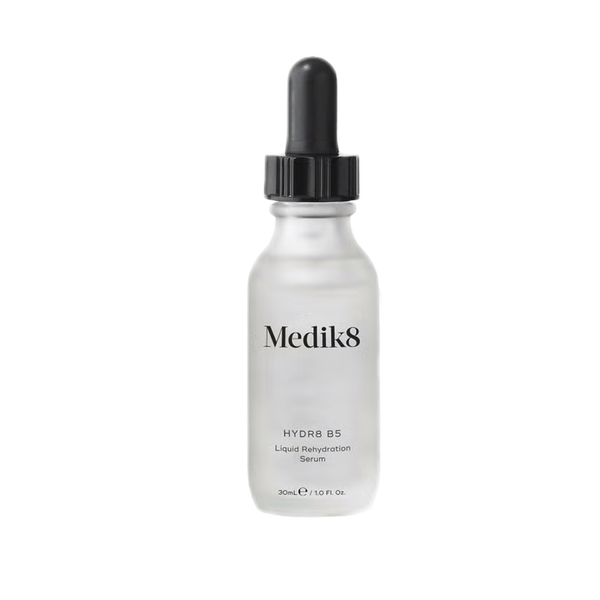
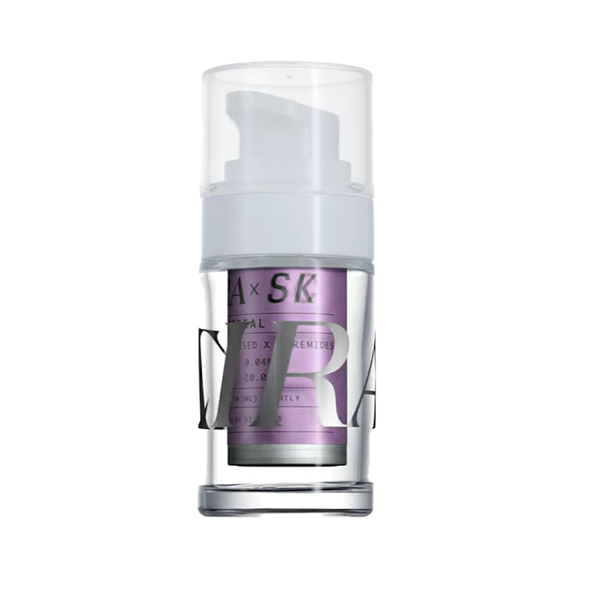
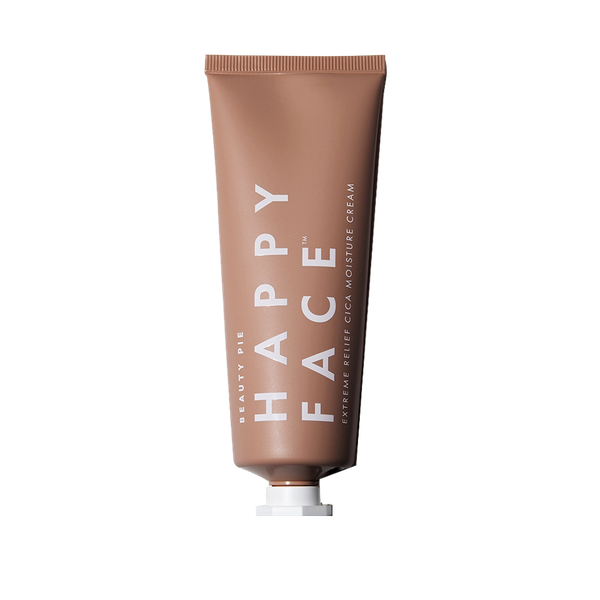
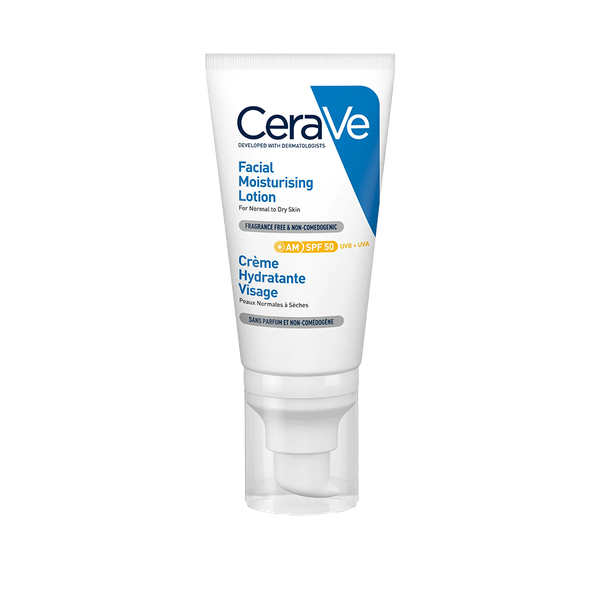
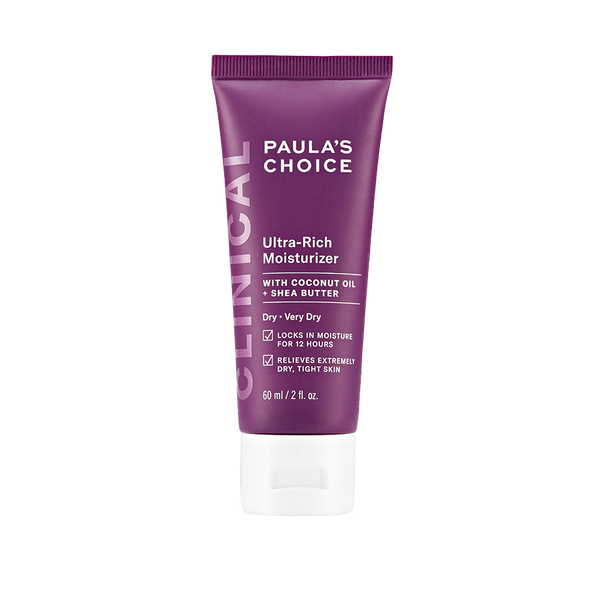
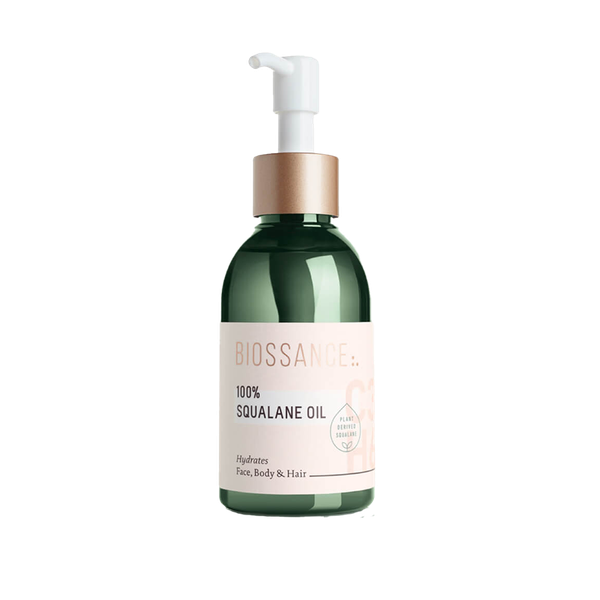
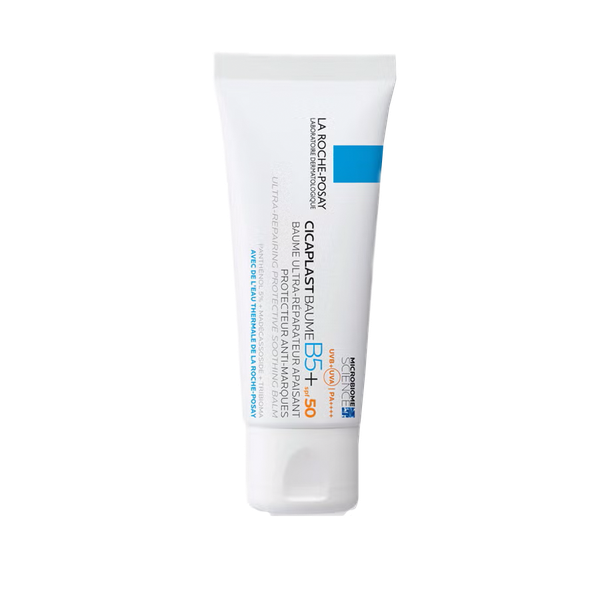
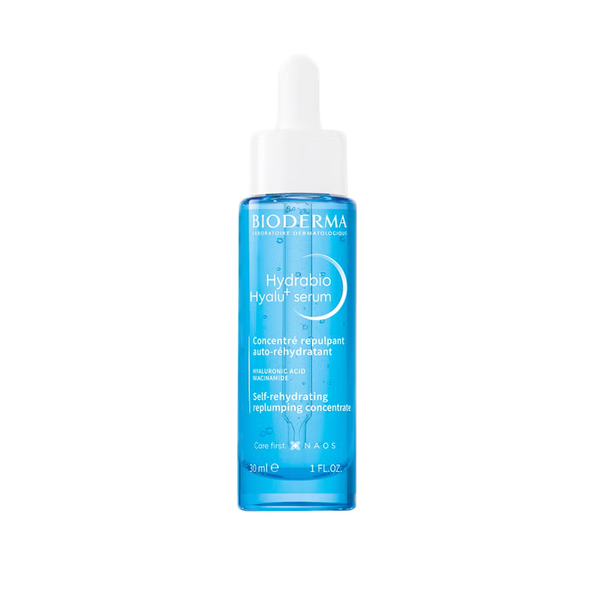
DISCLAIMER: We endeavour to always credit the correct original source of every image we use. If you think a credit may be incorrect, please contact us at info@sheerluxe.com.

